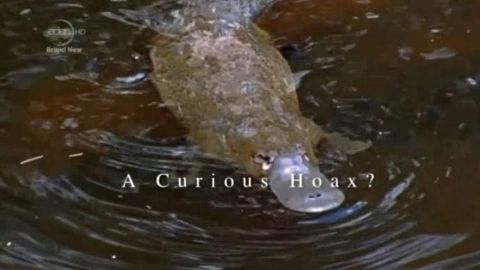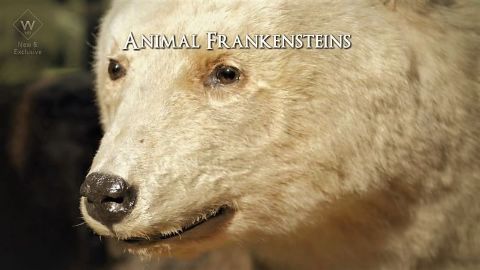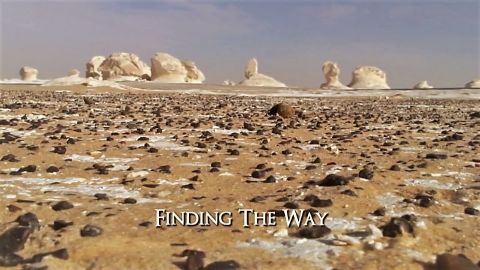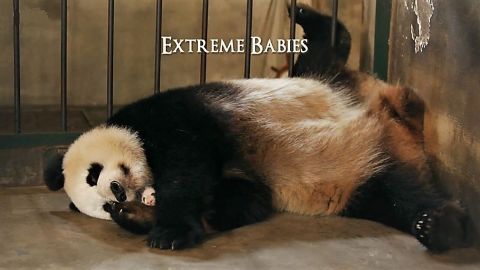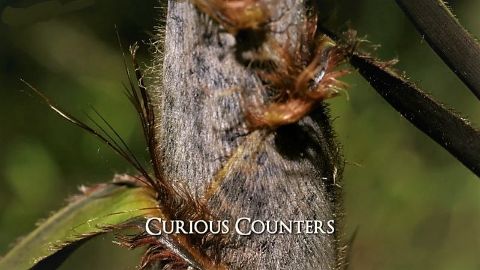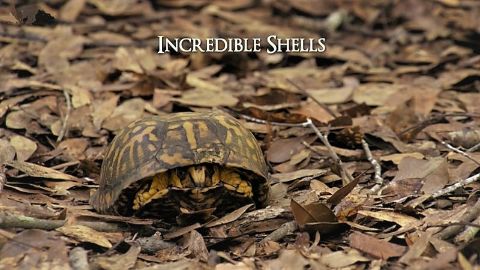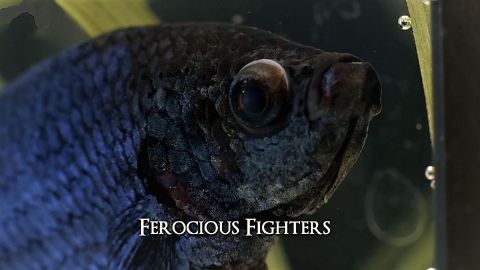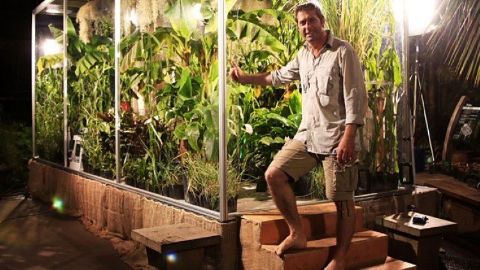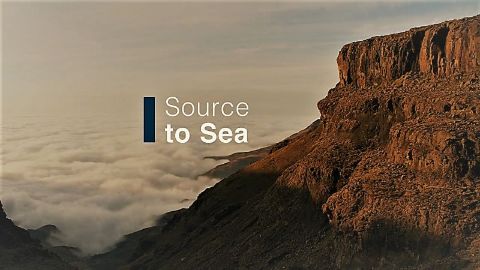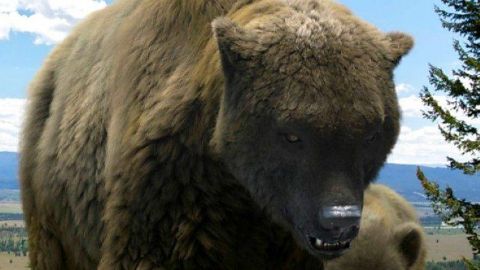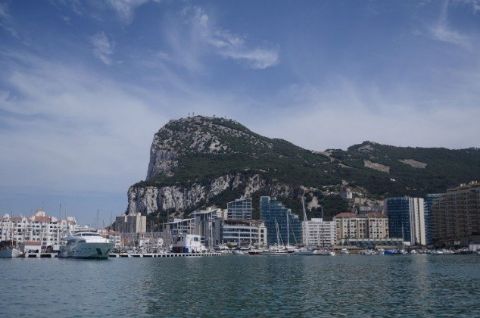Ferocious Fighters • 2018 • episode "S4E6" • Natural Curiosities
The Siamese fighting fish is so aggressive it will fight its own reflection until it is exhausted. Recent research shows that the fighting behaviour varies and depends on the personality of the fish! Male kangaroos were once pitted against humans in the boxing ring, with the most impressive male kangaroos being solid blocks of muscle with a kick that can kill. Why do they fight and what skills must a winner have?
Make a donation
Buy a brother a hot coffee? Or a cold beer?
Hope you're finding these documentaries fascinating and eye-opening. It's just me, working hard behind the scenes to bring you this enriching content.
Running and maintaining a website like this takes time and resources. That's why I'm reaching out to you. If you appreciate what I do and would like to support my efforts, would you consider "buying me a coffee"?
Donation addresses
BTC: bc1q8ldskxh4x9qnddhcrgcun8rtvddeldm2a07r2v
ETH: 0x5CCAAA1afc5c5D814129d99277dDb5A979672116
With your donation through , you can show your appreciation and help me keep this project going. Every contribution, no matter how small, makes a significant impact. It goes directly towards covering server costs.


















